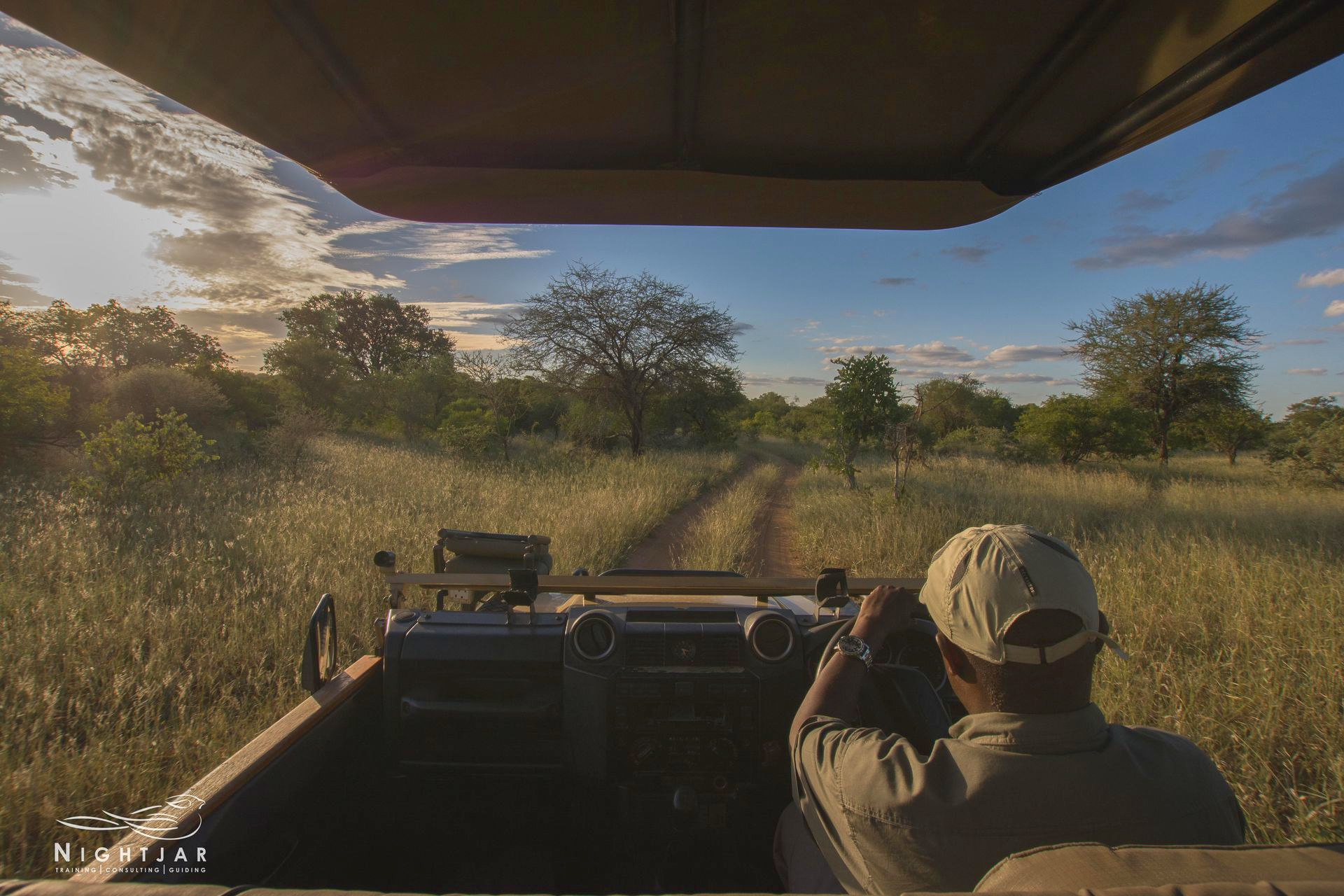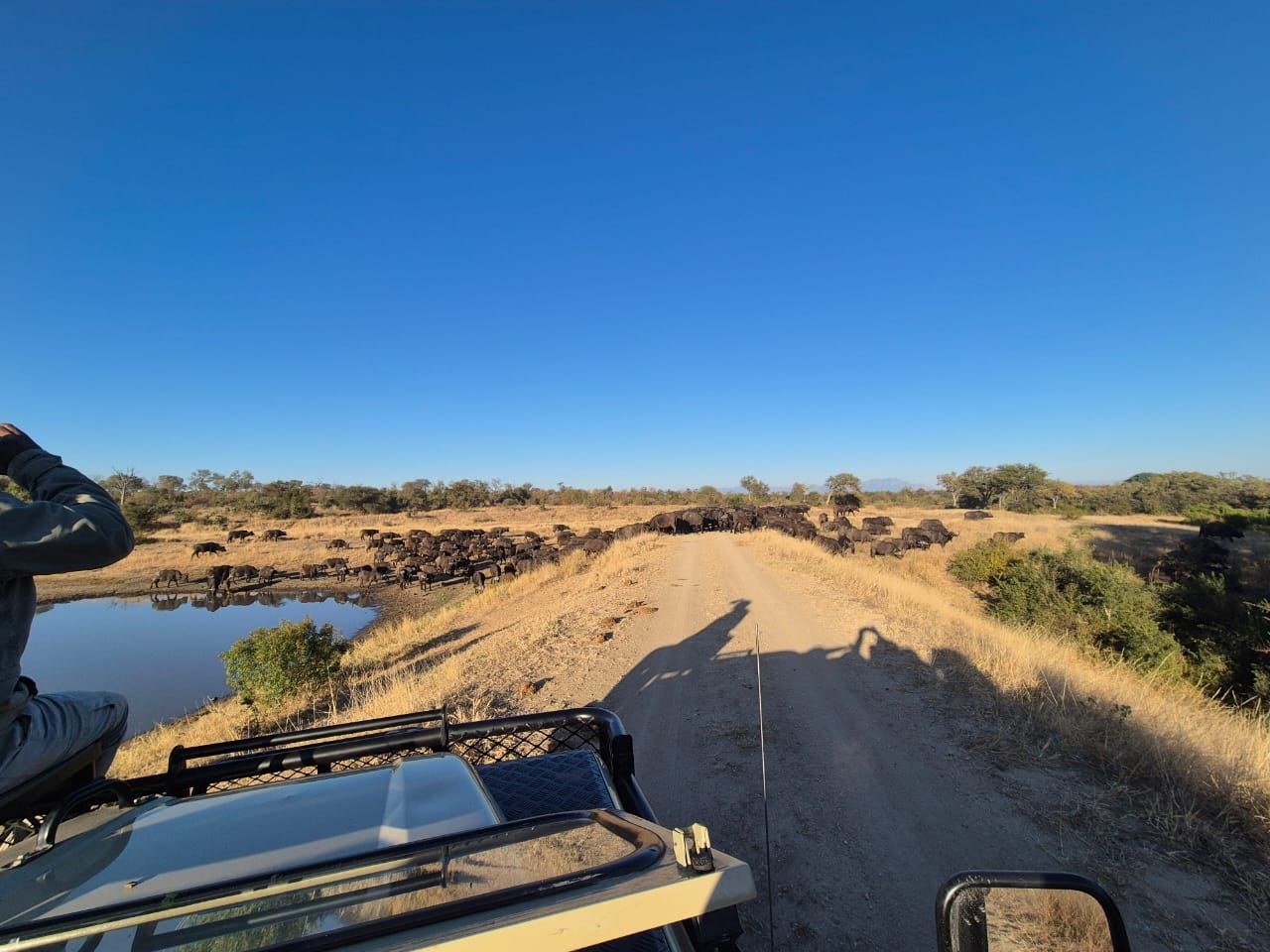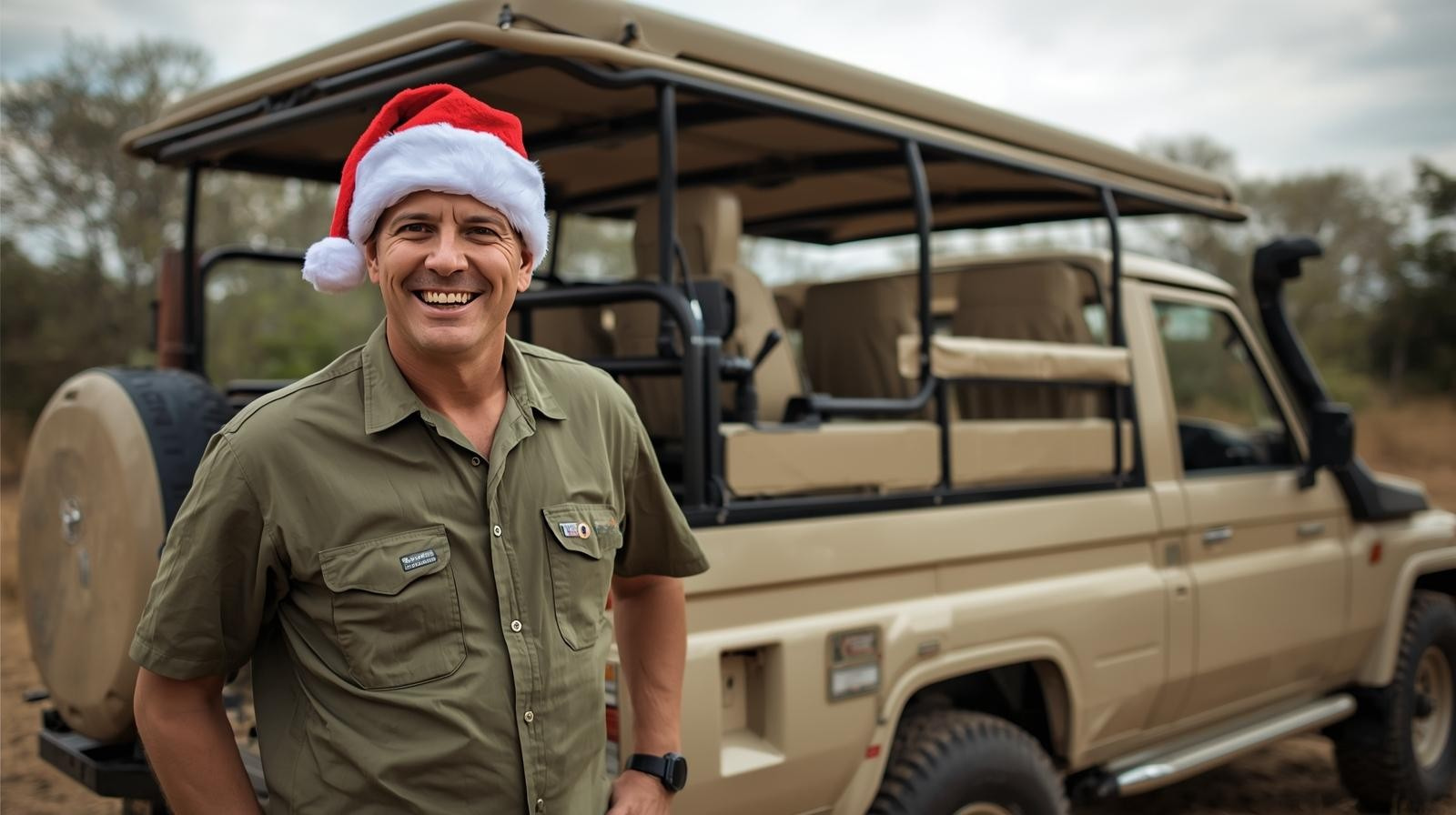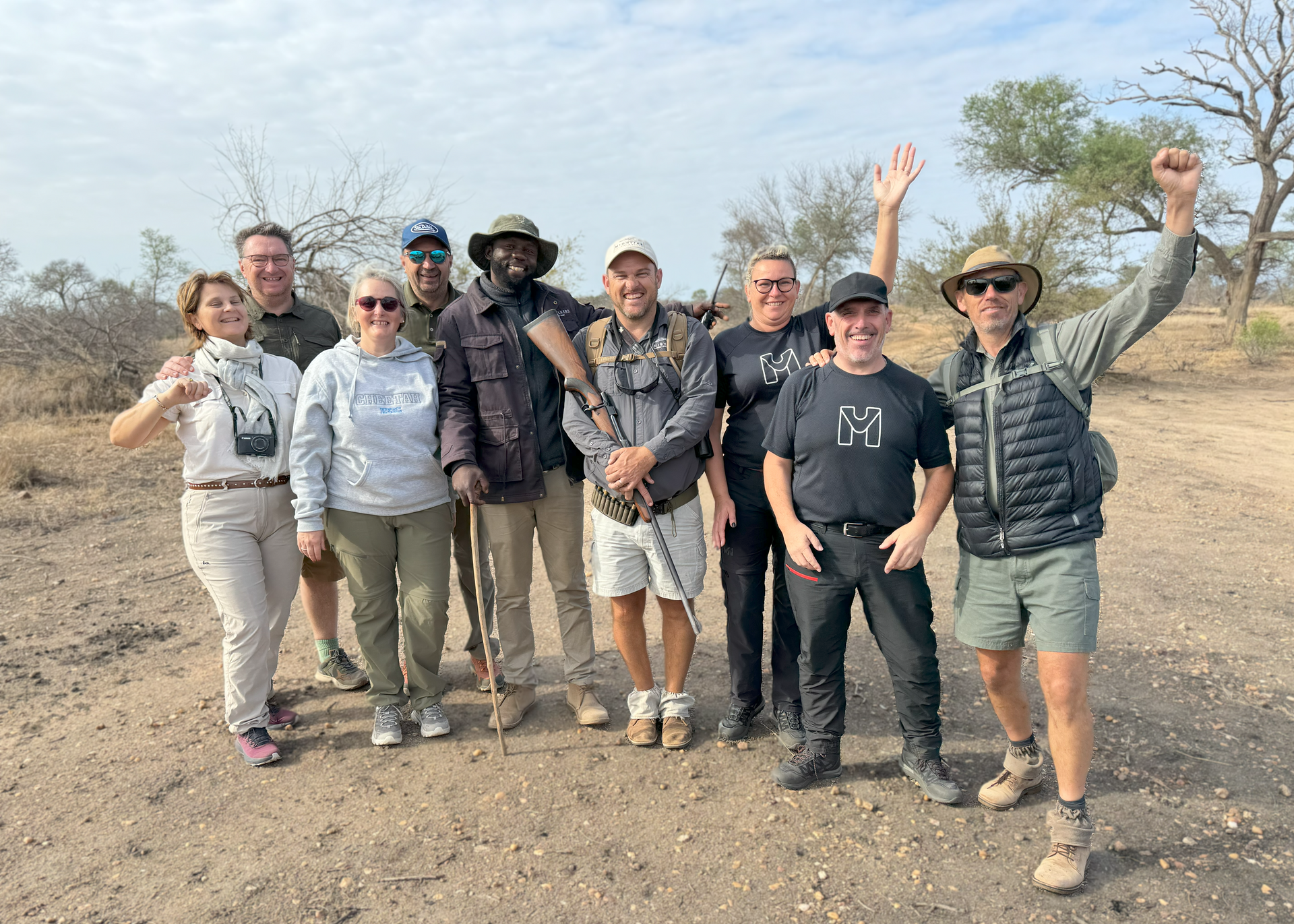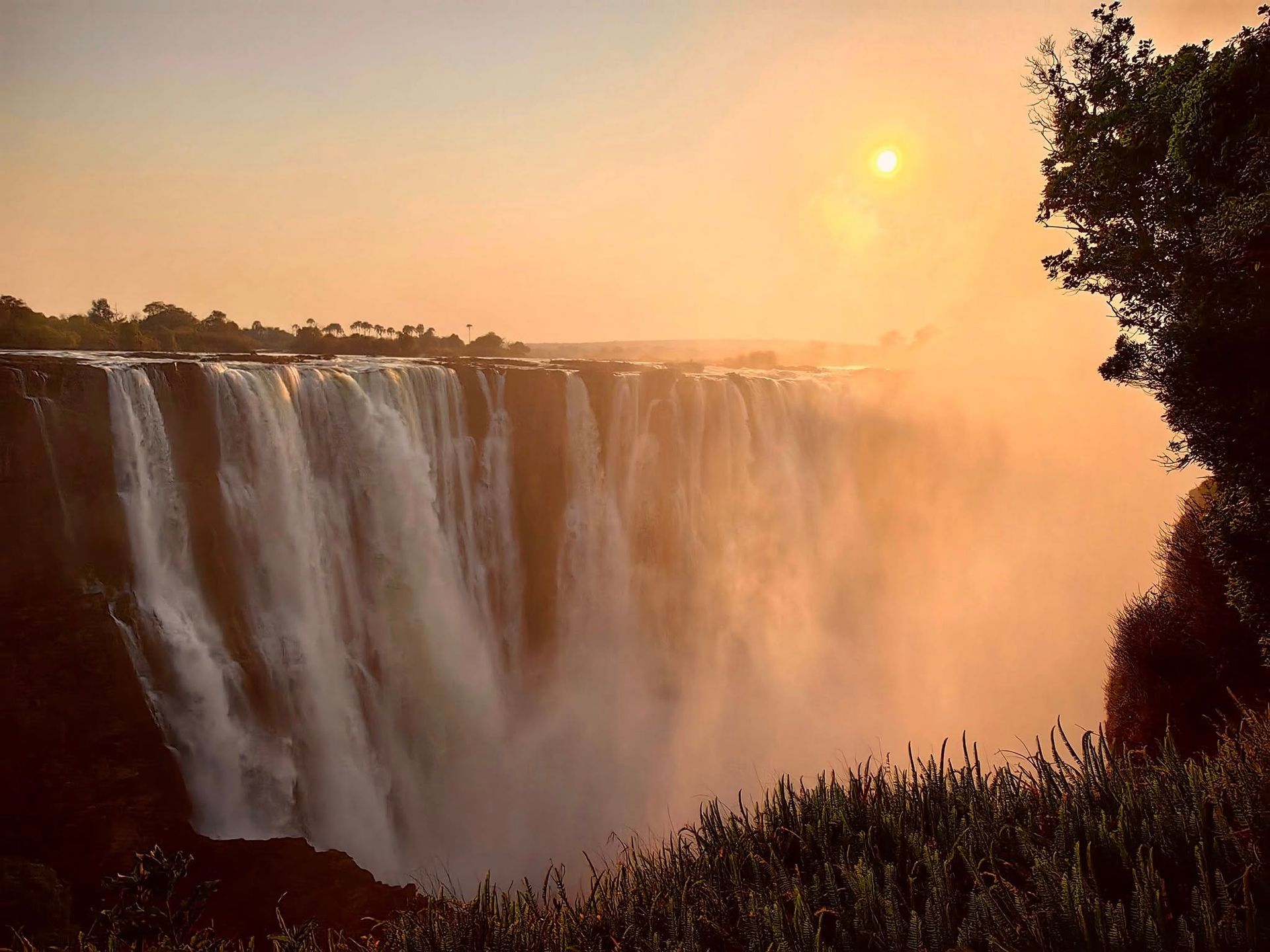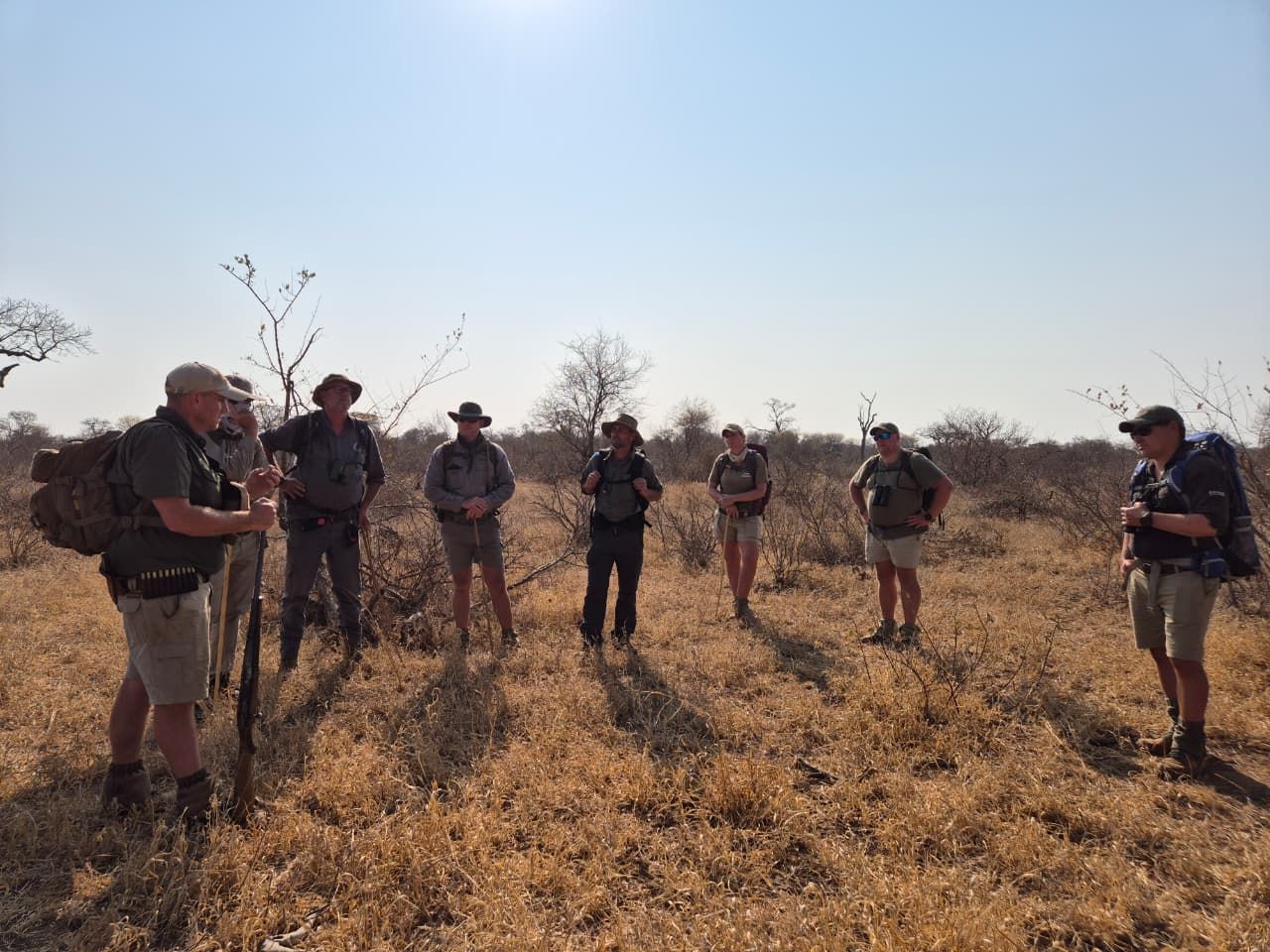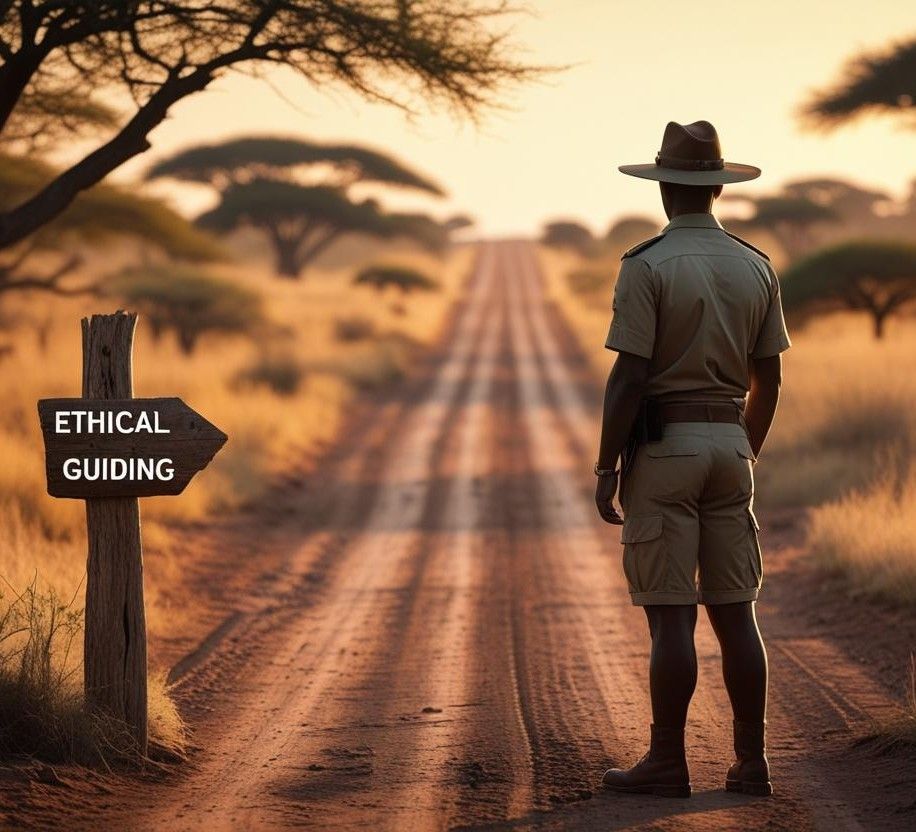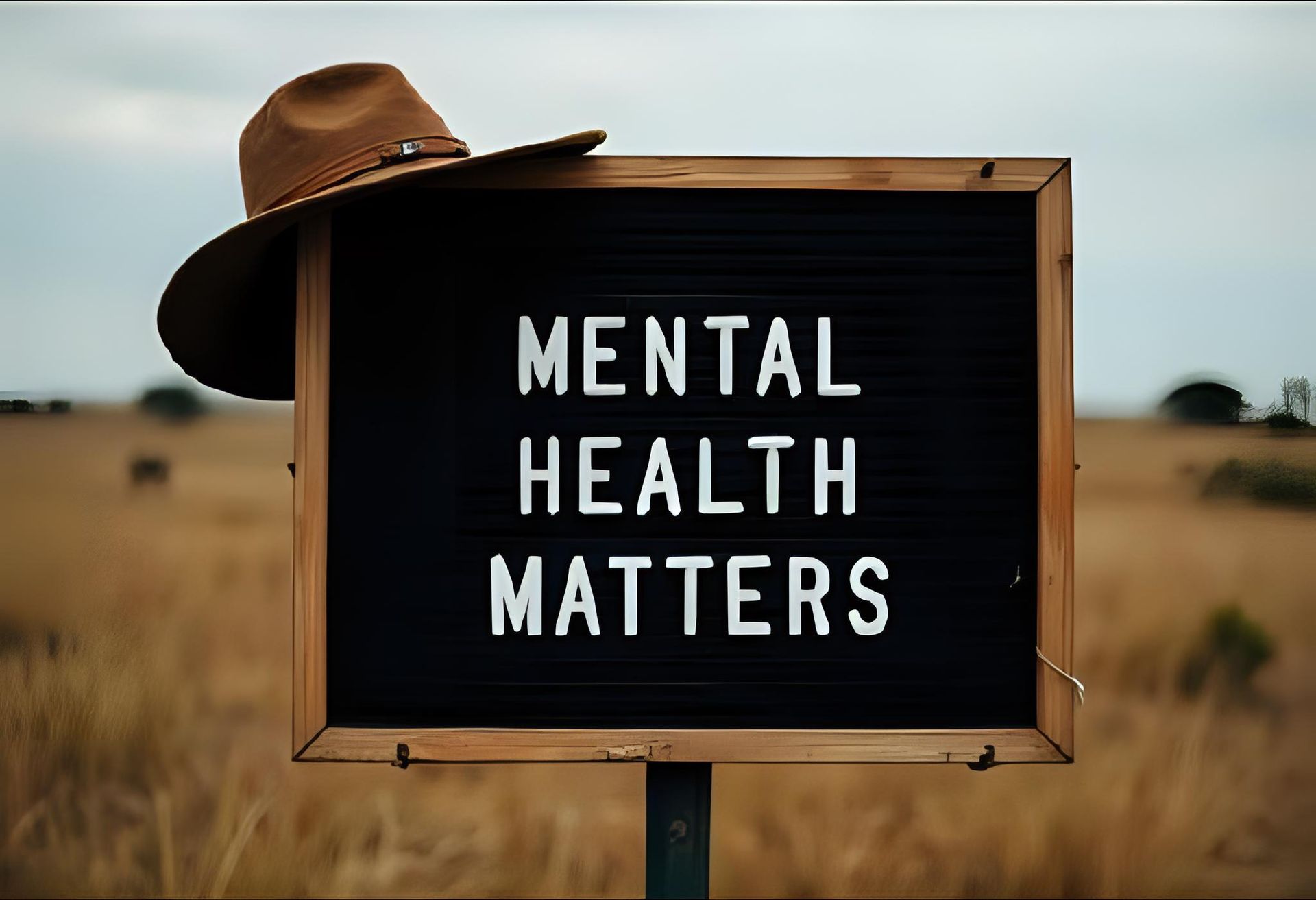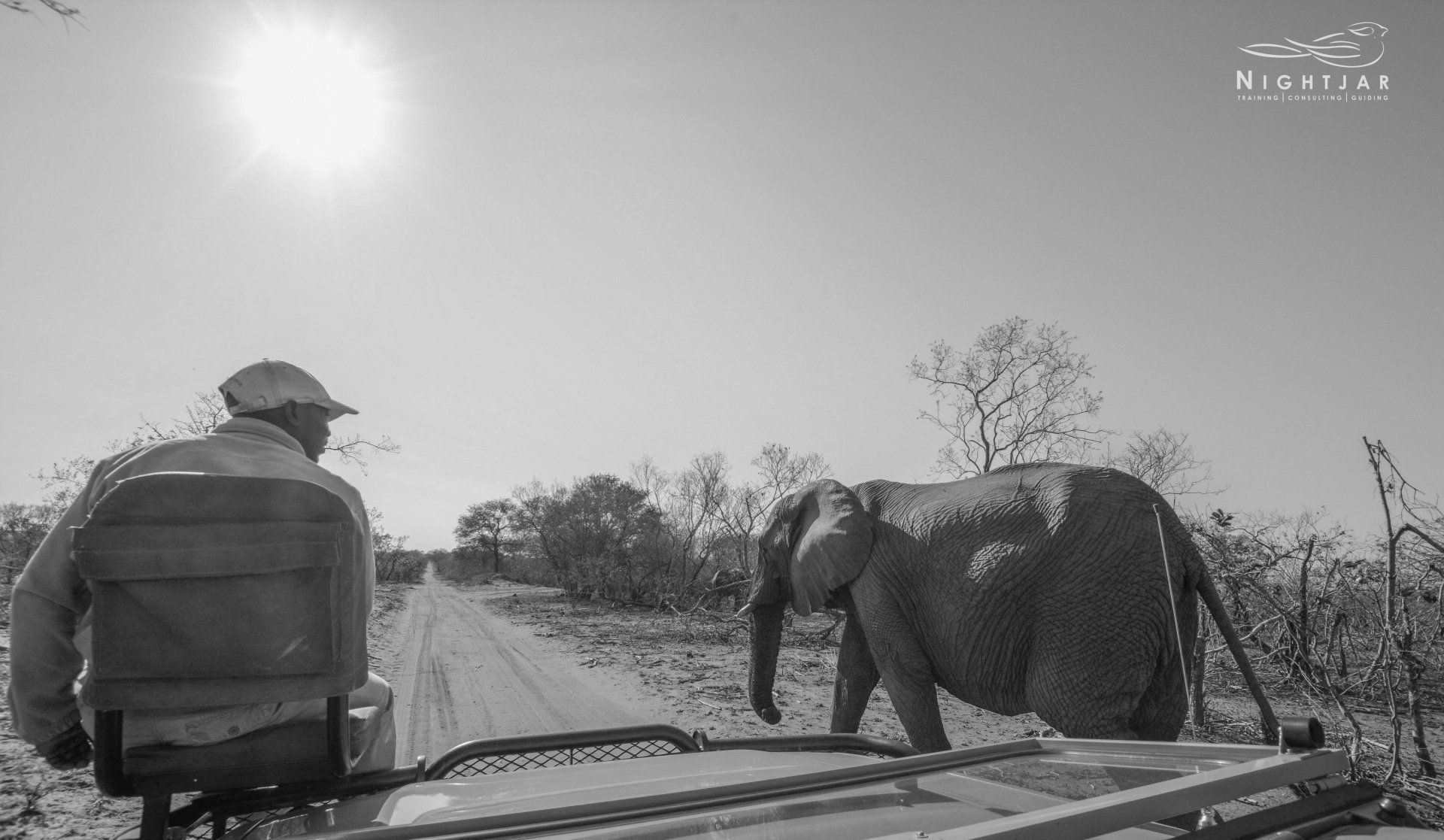Some moments in the bush are years in the making
For several years now, I’ve had the privilege of guiding the same guests—true safari veterans—on multiple trips each year. Their requests have always been the same: black rhino and pangolin. These are two of Africa’s most elusive species, and despite tracking efforts across numerous reserves, the sightings remained just out of reach... until now.

Over the years, we’ve followed countless leads: tracks in the sand, fresh dung, whispers over the radio. We’ve invested hours walking, scanning, listening—always just behind or just too late. But seasoned guests understand that the most meaningful sightings are often the hardest won.
Recently, during a relaxed coffee break at one of their favourite dams, word came through: a black rhino had been spotted nearby. By the time we arrived, however, the animal had vanished. Most assumed it had crossed the reserve boundary—but something didn’t feel right. We returned to the last known location, re-read the tracks, and noticed subtle signs suggesting otherwise.
Track by track, scuff by scuff, we followed the trail—losing it, finding it again, then losing it once more—until our tracker glimpsed something through the thicket. Not just one rhino, but several, sleeping deep in a small thicket. Black rhinos!
Without lingering, we rushed back to collect the guests. The atmosphere in the vehicle was electric with hope. But once again, we arrived to find... nothing. No movement, no sound. We searched, picked up their trail again, and saw the animals had settled into a more relaxed pace, finally heading deeper into the property. For the first time in days, the odds were in our favour.
I left the tracker on foot and returned to the vehicle, planning an intercept along a quiet road. Just as we pulled up, word crackled over the radio: another vehicle had seen a cow and calf cross the road. We missed it by seconds.
But then—movement. Grey, fast, unmistakable. The bull was following, and we caught him as he burst through the bush. He gave us everything a black rhino is known for: a snort, a quick charge, and that raw, wild energy that defines the species. We gave him space. He gave us a memory none of us will forget.
The ride back to camp was quiet at first as the moment settled in. Eventually, the vehicle filled with celebration, reflection, and a deep sense of achievement. After more than 120 drives together, the dream had finally become reality. And for me, as a guide, this was a career highlight—a moment where persistence, skill, and the wild aligned perfectly.

In a few months, these same guests will be back with us. Will we find their pangolin next? Only time will tell. But we’ll be out there—searching, tracking, never giving up.
Until next time,
Charles & The Nightjar Team
